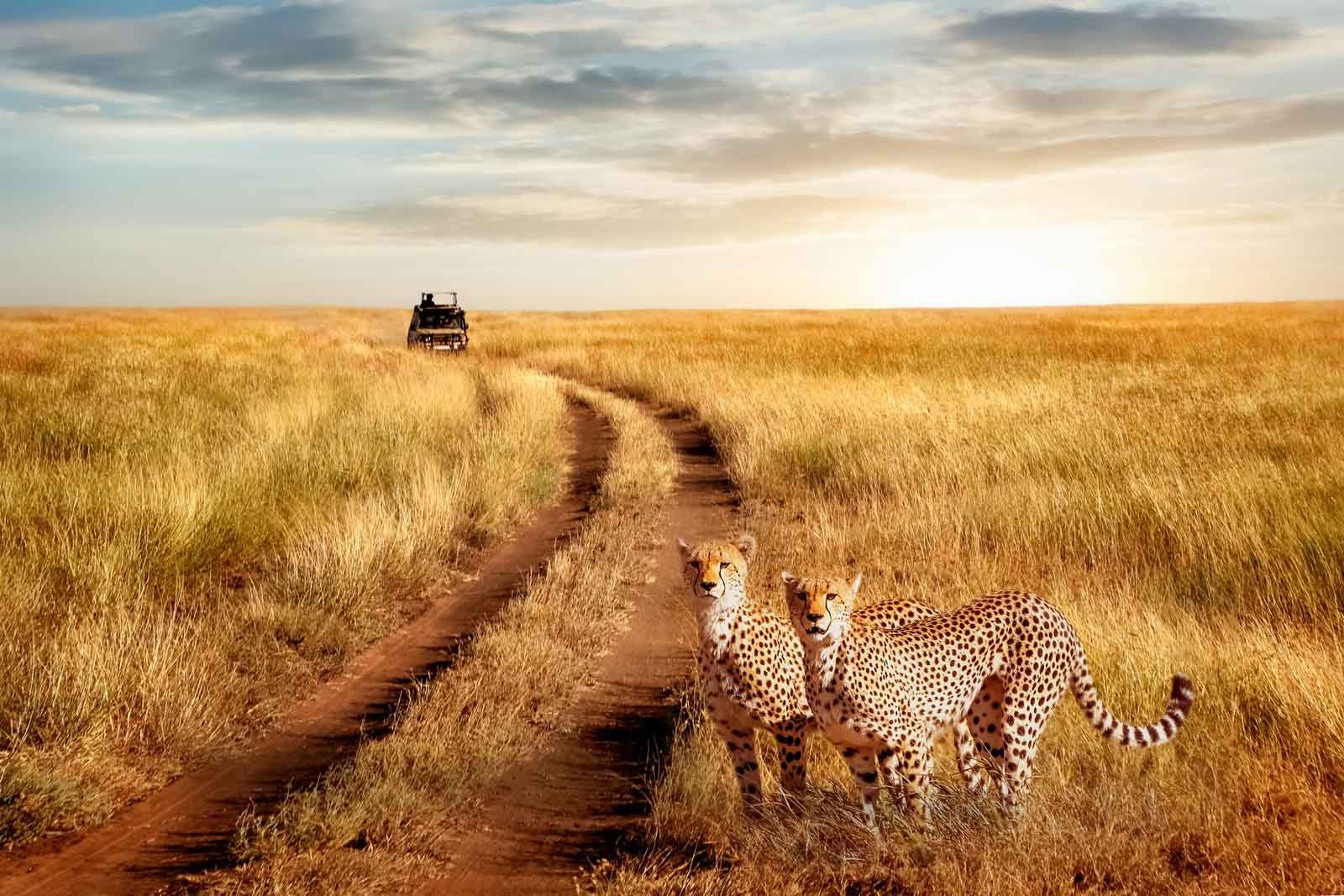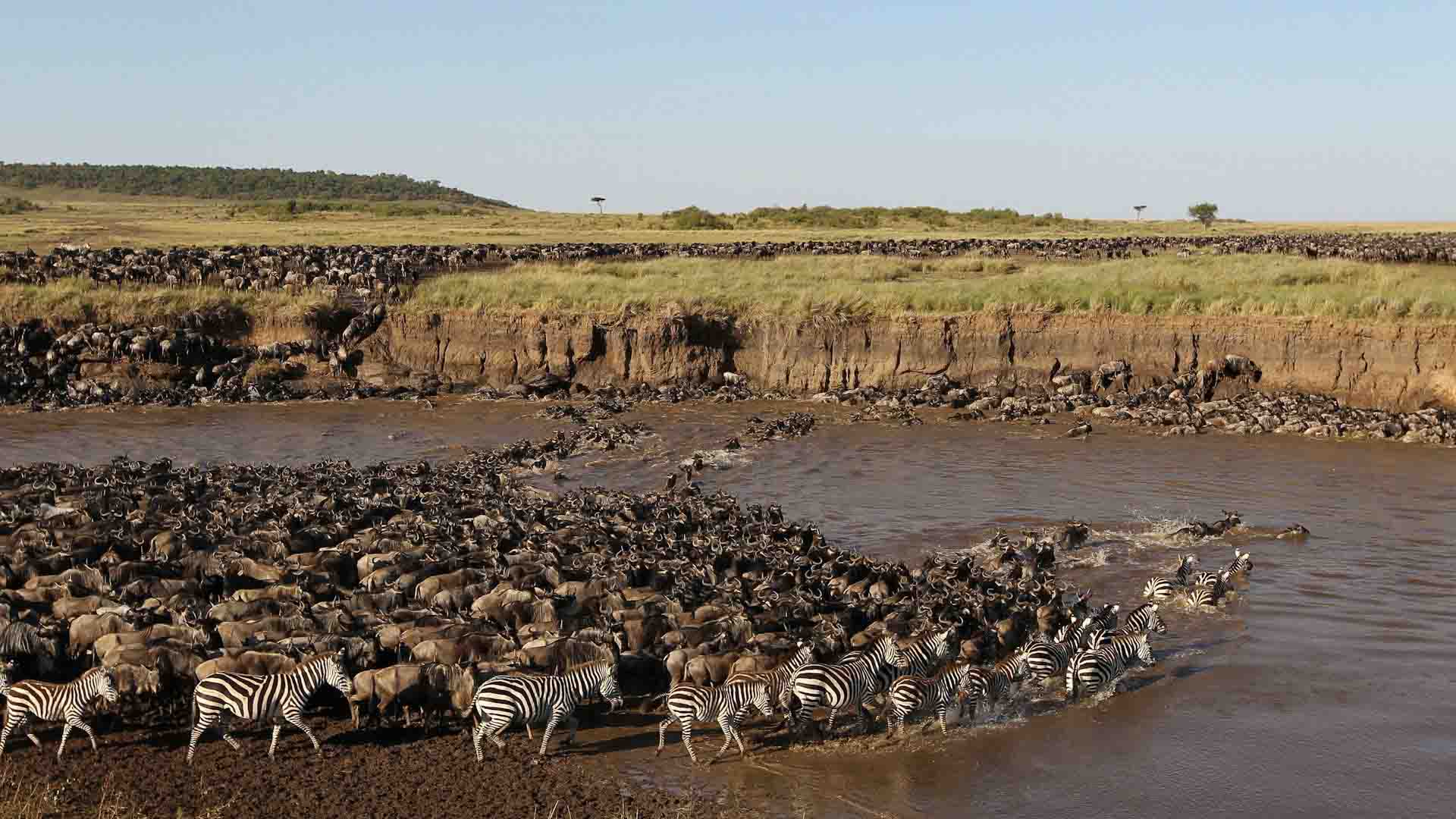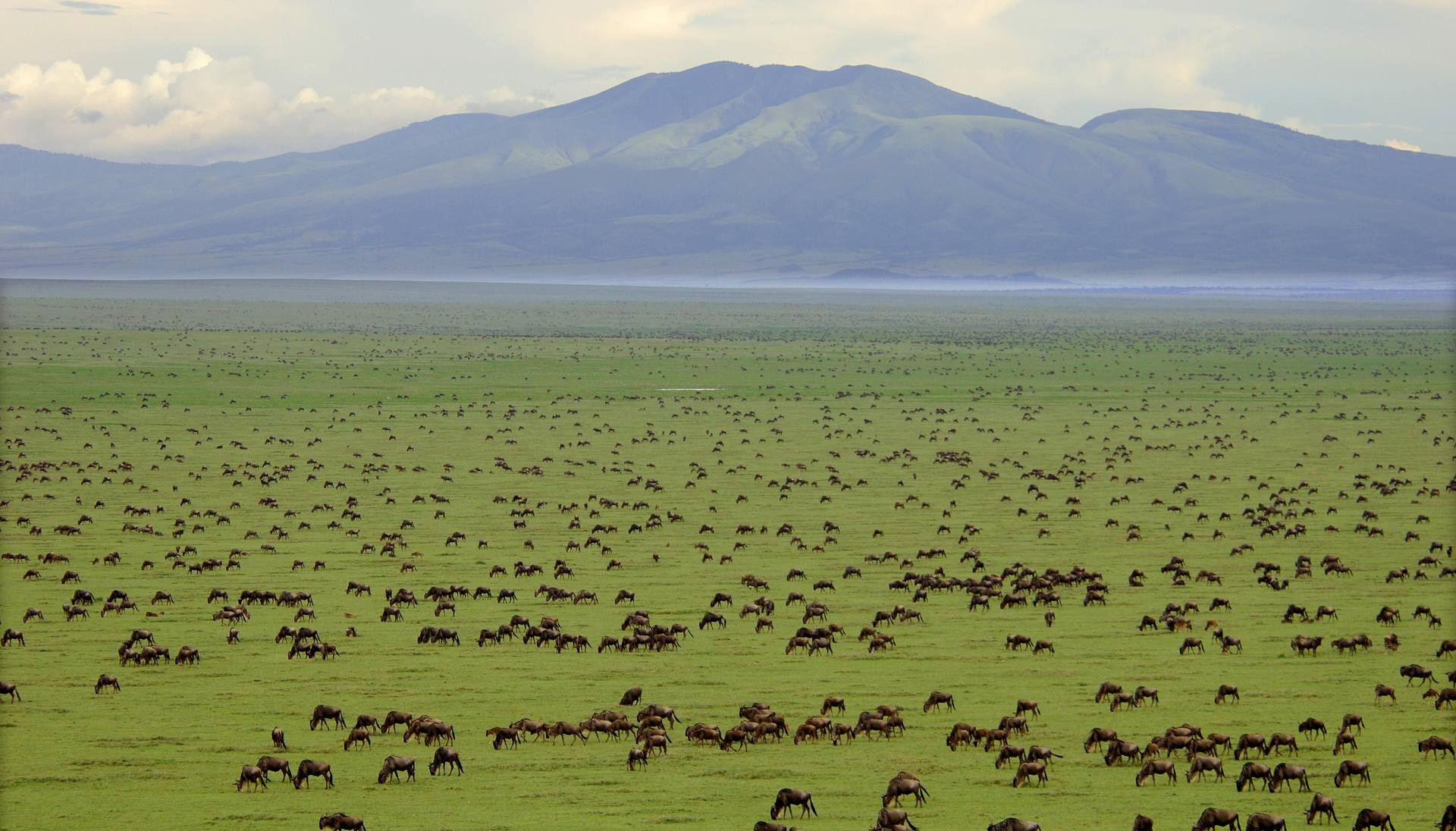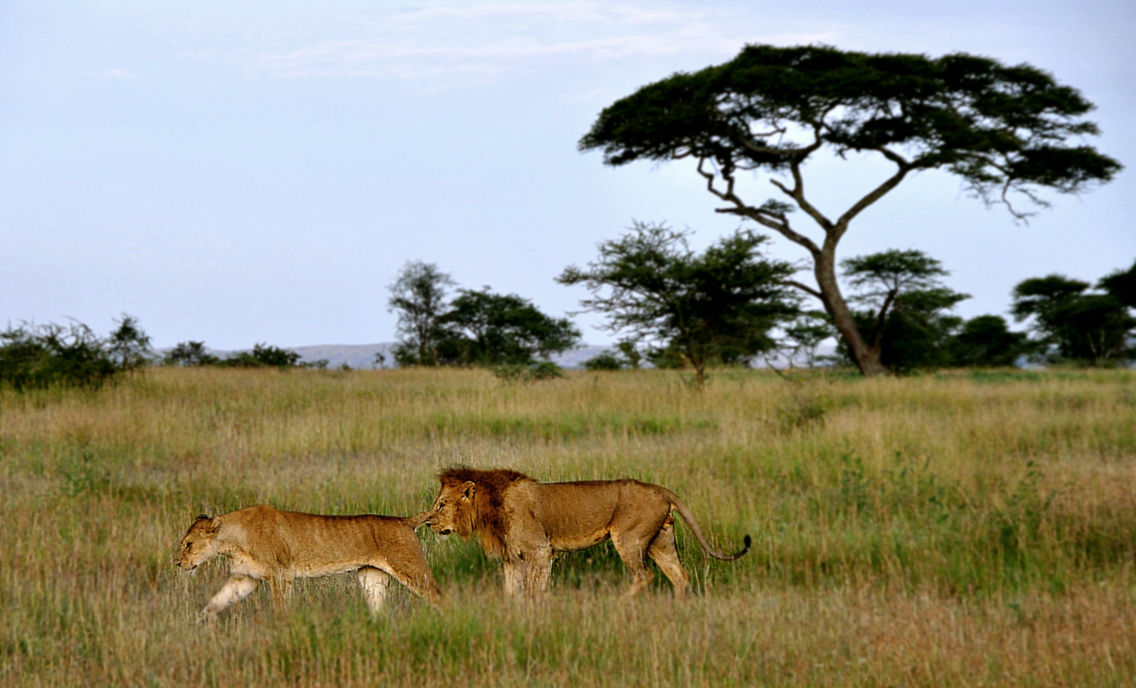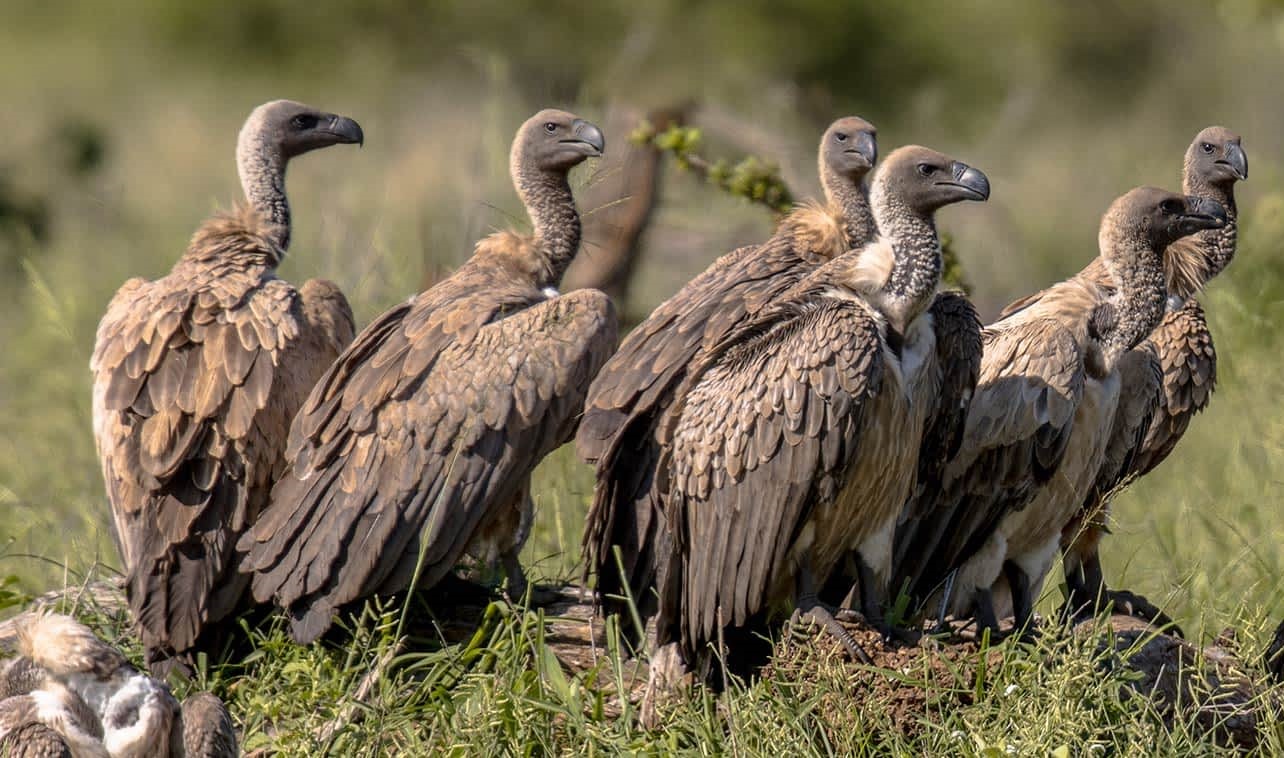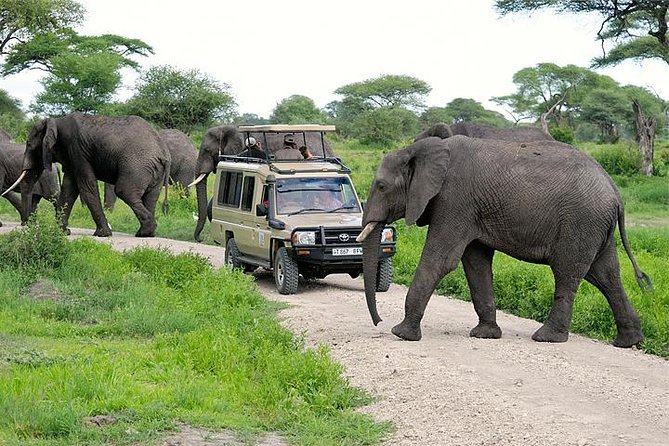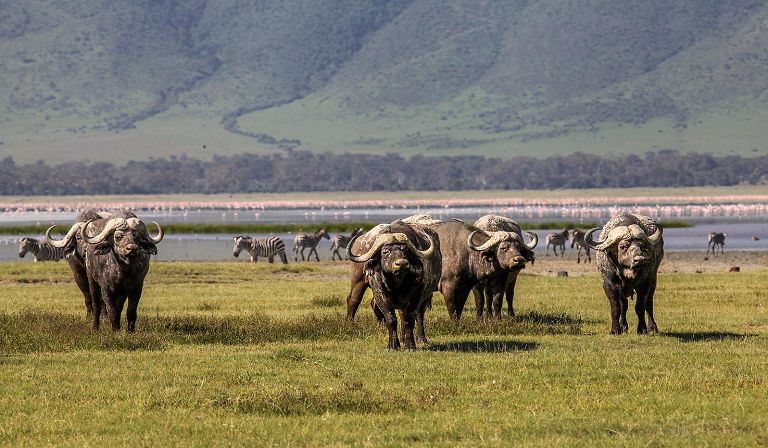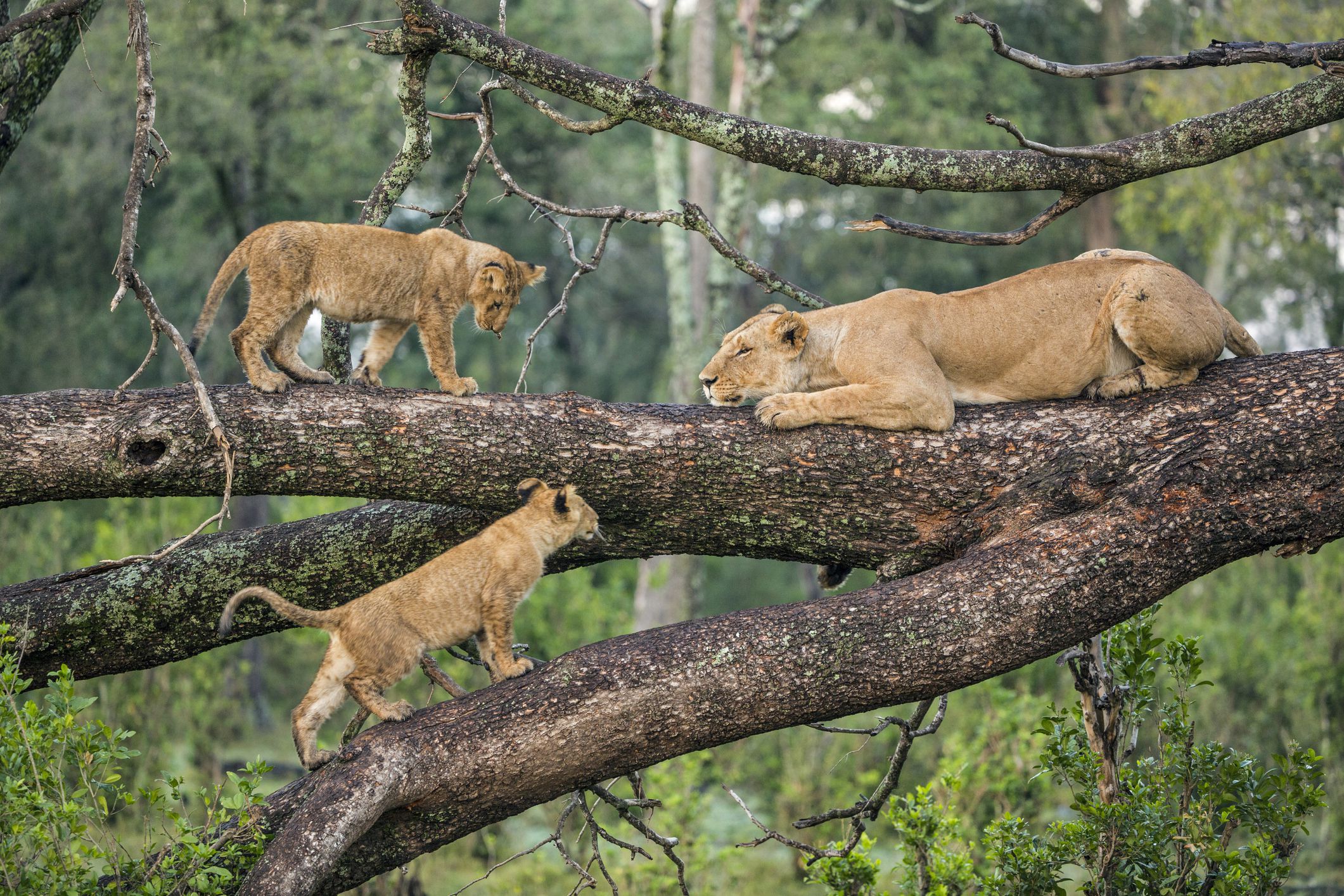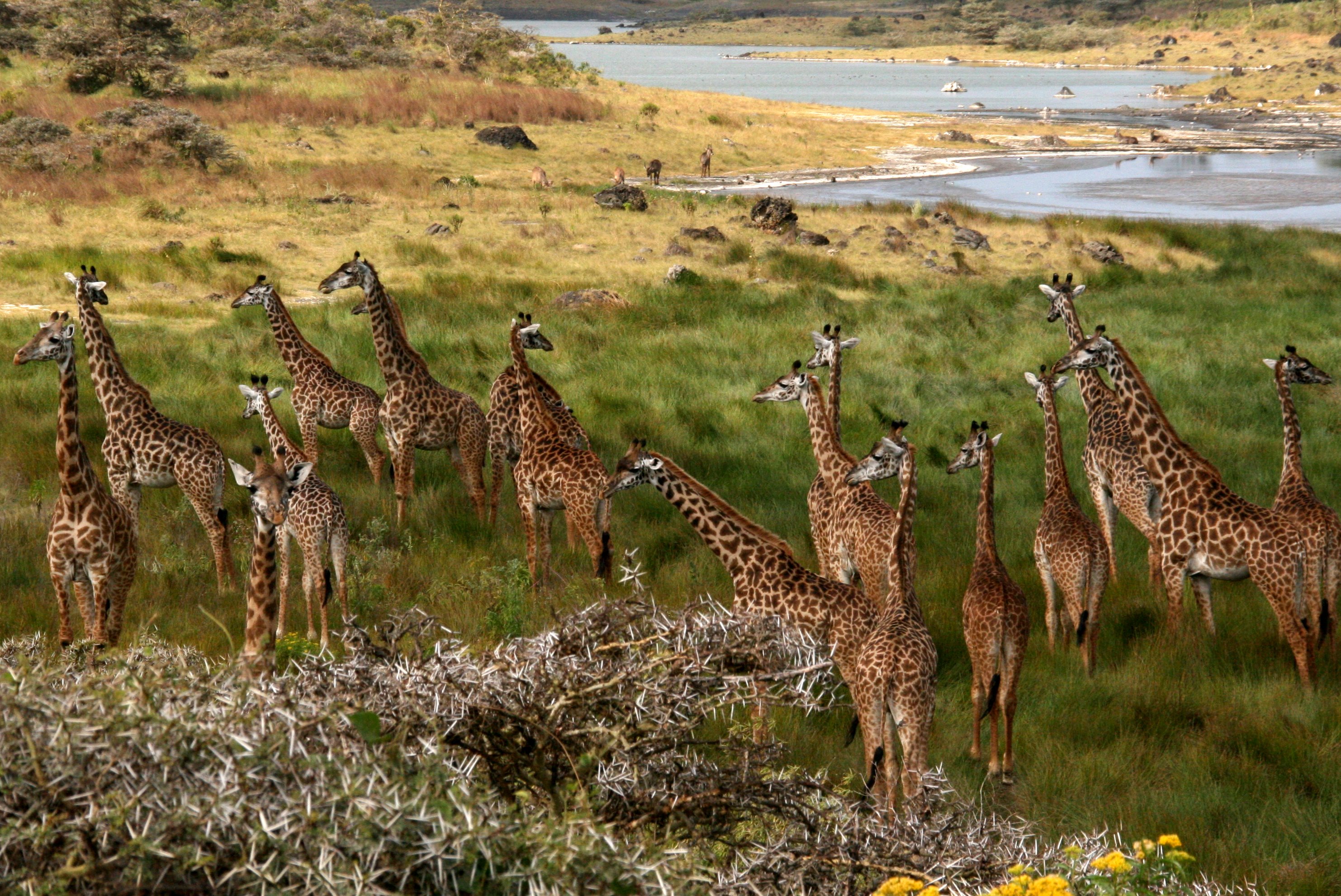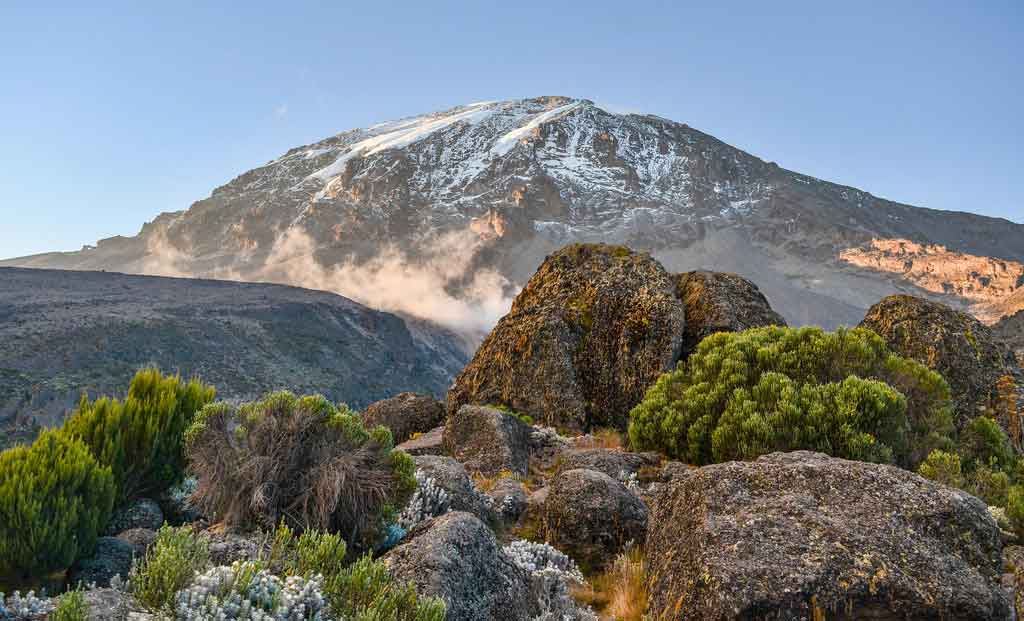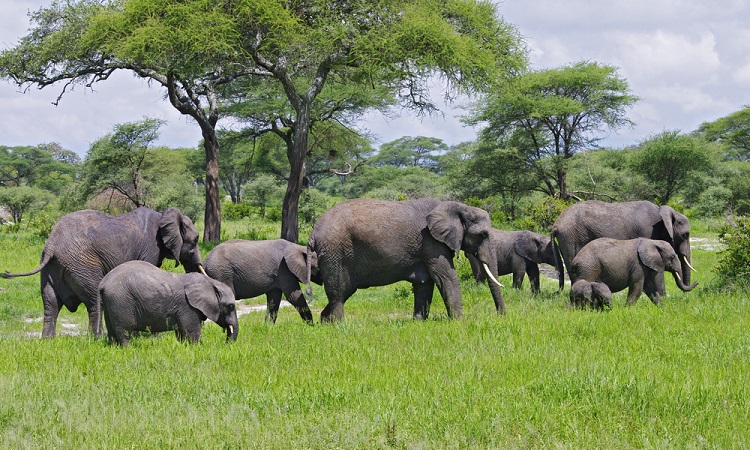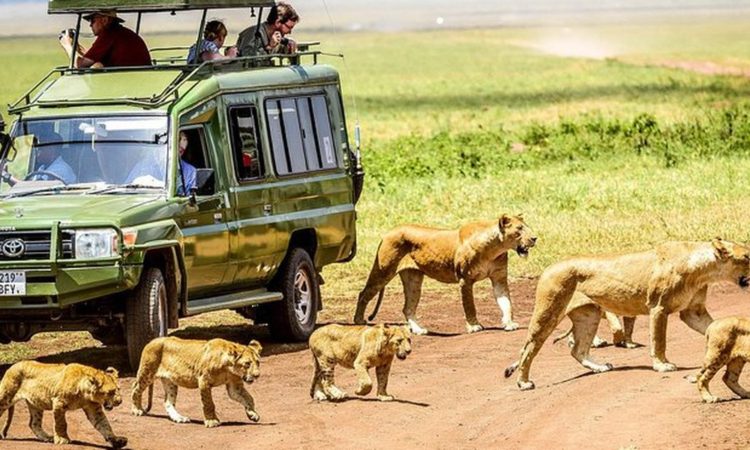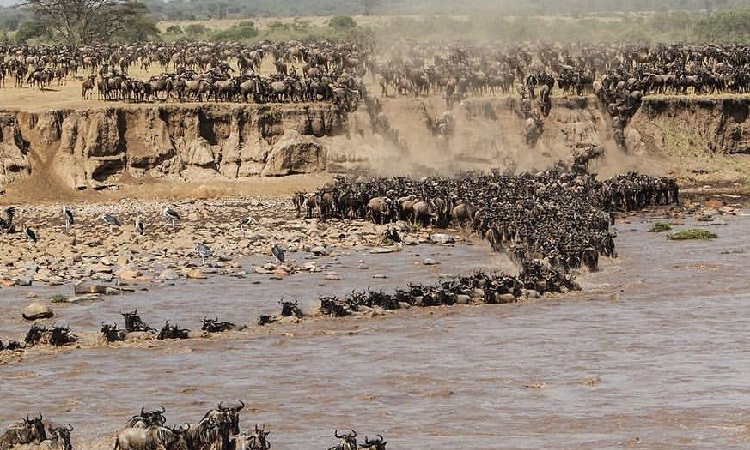Mostly Serengeti Tourist attractions
The Great Migration, Scenic and spectacular landscapes:
The great wildebeest migration of more than 1.5 million
accompanied by hundreds of thousands of zebras and half a million Gazelles as well
as Elands with annual pattern seeking fresh grazing and water. Having a chance of
encountering this phenomenon gives you a life experience from nature.
The vast scenic and unspoiled landscapes among
others made this area recognized as a World Heritage Site by UNESCO. With its vast
plains, rolling hills and island of Kopjes contribute to the beauty of the park
Wildlife & Diverse Birdlife
All the classic big game animals of Africa are found in the Serengeti. Of
recent importance are re-introduction programs for black rhino and Cape hunting
dogs. The black rhino is being introduced in the north and south of the Park while
hunting dogs are beginning to spread throughout.
With more than 540 species recorded one quarter being those
migrating from other parts of the world, part from an ecological important bird area
and ideal place for bird lovers! Some of the species commonly seen are European and
abdim’s storks, Eurasian roller, barn swallows etc.
Best Time for the Migration
o Calving Season (January to March): In the southern Serengeti and Ndutu area.
o Grumeti River Crossing (May to June): In the western corridor.
o Mara River Crossing (July to September): In the northern Serengeti.
Serengeti Migration Periods
The Serengeti migration period spans the entire year as the Great Migration is a continuous
cycle of over 1.5 million wildebeest, zebras, and gazelles moving across the Serengeti and
Maasai Mara ecosystems in search of food and water. Here's a month-by-month breakdown:
January - March: Calving Season (Southern Serengeti)
Where to Go: Southern Serengeti, Ndutu Plains, and parts of the Ngorongoro
Conservation Area.
Highlights:
o Thousands of wildebeest give birth, typically in February.
o Predators, including lions, cheetahs, and hyenas, are active, preying on young
and vulnerable calves.
o Lush landscapes and abundant birdlife.
April - May: Moving Northwest (Central and Western Serengeti)
Where to Go: Central Serengeti (Seronera) and the Western Corridor.
Highlights:
o The herds begin moving toward the central and western Serengeti as the rains
end.
o This is the low season, offering fewer crowds and lower safari costs.
June - July: Grumeti River Crossings (Western Serengeti)
Where to Go: Western Serengeti and the Grumeti Reserve.
Highlights:
o Dramatic river crossings as herds navigate crocodile-infested Grumeti River
waters.o Peak wildlife viewing as the dry season begins.
July - October: Mara River Crossings (Northern Serengeti)
Where to Go: Northern Serengeti (Kogatende and Lamai areas).
Highlights:
o Iconic scenes of wildebeest braving the Mara River, with crocodiles and
predators lurking.
o Best time for dramatic action and photography.
November - December: Returning South (Serengeti Plains)
Where to Go: Eastern and Southern Serengeti.
Highlights:
o The herds return south as the short rains rejuvenate the Serengeti plains.
o Large congregations of animals in the southern areas.
Summary
Best Time for the Migration: June to October for river crossings.
Best Time for Calving: January to March.
Year-Round Activity: The migration is always moving, so there’s always something
Airstrips in Serengeti National Park
For visitors traveling from Zanzibar or other parts of Tanzania, flights land directly at
airstrips within Serengeti, ensuring seamless access. Key airstrips include:
1. Seronera Airstrip (Central Serengeti) – The busiest airstrip, central to most activities
and accommodations.
2. Kogatende Airstrip (Northern Serengeti) – Ideal for visitors during the Great
Migration and those traveling onward to Maasai Mara.
3. Ndutu Airstrip (Southern Serengeti) – Convenient during the calving season
(December–March).
4. Lobo Airstrip (Northern Serengeti) – Accessible for travelers exploring the less
crowded areas.
Traveling from Serengeti to Maasai Mara, Kenya
To visit the Maasai Mara from Serengeti:
The Kogatende Airstrip (Northern Serengeti) is the best starting point.
From Kogatende, charter flights connect directly to airstrips in the Maasai Mara, such
as Ol Kiombo or Mara North.
Alternatively, travelers can cross by road via the Bologonja Gate (border point),
though this option requires pre-arranged documentation.
